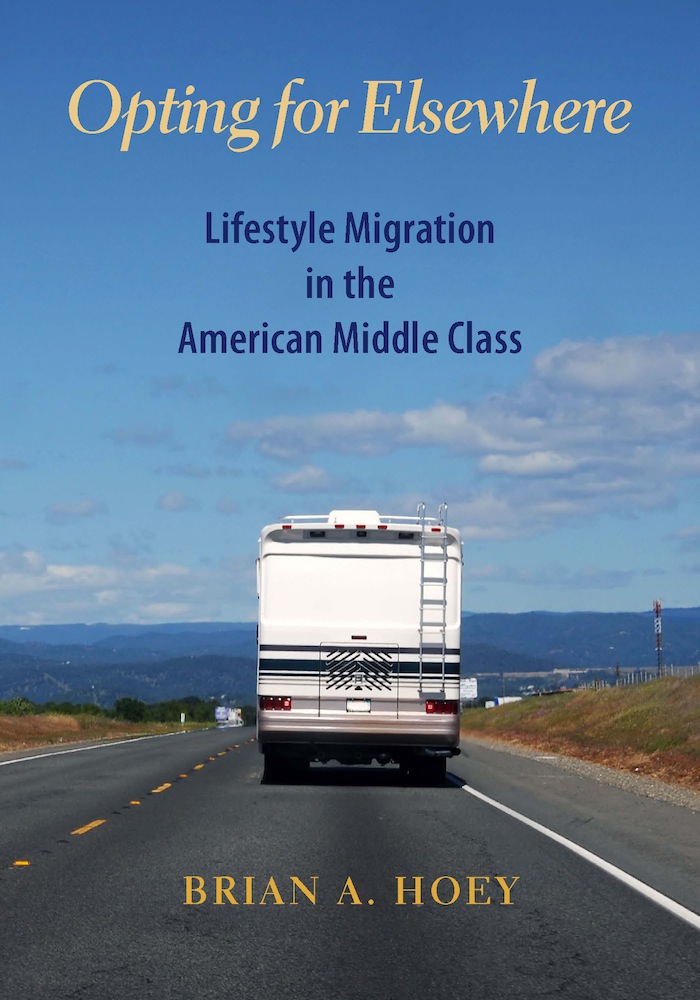Changing Places: Lifestyle Migration and the Quest for Potential Selves
Grand Traverse Region, Northwest Lower Peninsula of Michigan
Introduction
In the early 2000s, I began fieldwork in the lakeside towns of Northwest Lower Michigan—communities that had become destinations for middle-class families seeking a different kind of life. My research focused on lifestyle migration: voluntary relocation driven by the pursuit of quality of life, community belonging, and alignment between values, work, and self.
Drawing on over 100 in-depth interviews and long-term engagement with a core group of families, I explored how this migration serves as a moral act of reinvention amid the social and economic dislocations of the postindustrial era.
Fieldnote: The Pie Guy
On a warm spring day in Traverse City, I sat with Mark, a former engineer who left behind a lucrative corporate job in California to open a pie shop in his home state. As we sipped coffee amid the scent of fruit and dough, he reflected on what led him—and others like him—to choose this path:
“There was not much going on in the Midwest in terms of growth… Being an auto town, through the generations they just get into Olds and that’s it. You’re done. Man… I couldn’t think of that. I’m going to get into this job and that’s the rest of my life, you know?”
Mark and his wife Diane, like many in my study, sought not just a change of location but a change of life—a new story to live by. Their move to northern Michigan wasn’t about escape; it was about transformation.
Analysis
This project reveals how lifestyle migrants use relocation as a form of critical self-making, negotiating tensions between economic insecurity and cultural ideals of family, authenticity, and belonging. Their decisions reflect a desire to reclaim control in an era of flexibility and contingency, often articulated through narratives of conversion, rupture, and rediscovery.
Migration, in this context, is both deeply American—evoking frontier myths and reinvention—and distinctly contemporary, shaped by the demands of a globalized, postindustrial economy.
Through this research, I map the intersections of:
-
Structural change – deindustrialization, contingent labor, and the erosion of stable career paths
-
Cultural narratives – ideals of the good life, self-realization, and the pursuit of meaning
-
Embodied experience – how people feel, narrate, and perform transitions in home, work, and identity
Ethnography and Moral Vision
At its heart, this project is a story of moral navigation. As one participant asked me:
“Do you get told what the good life is, or do you figure it out for yourself?”
This question, and the journeys behind it, offer a window into how people confront uncertainty by making life—and meaning—elsewhere. My work documents these stories not just to describe, but to better understand how we might live with integrity in a rapidly shifting world.
Available from Vanderbilt University Press.
